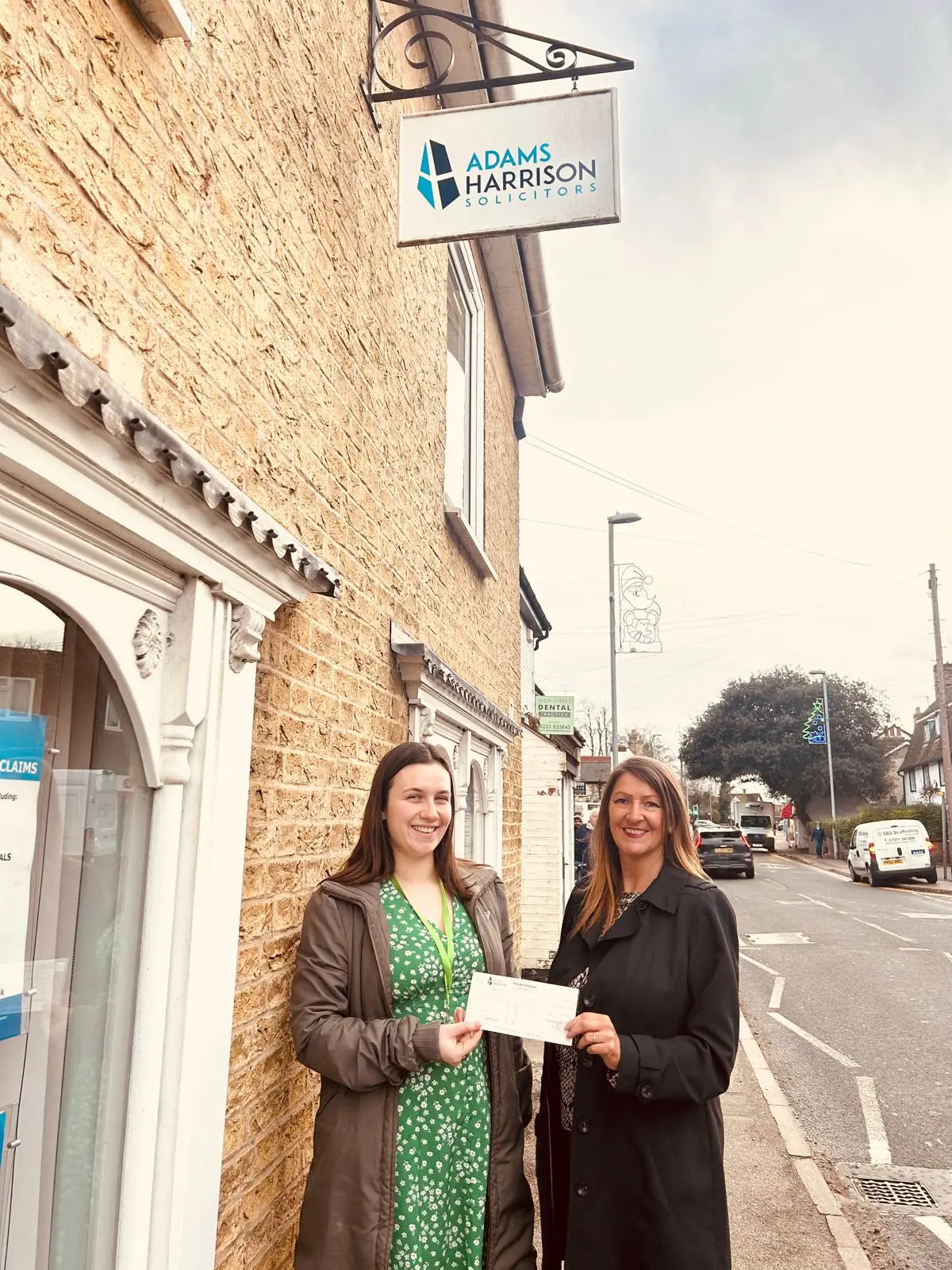For half a century this legislation has now been in place enabling many individuals to challenge a Will or the intestacy rules and bring claims against an estate (the money, property and assets left when someone dies).
What does the Act say?
The Act enables certain eligible persons to bring a claim under the Act for “reasonable financial provision” if they are disappointed by the terms of a Will or how the intestacy rules will be applied in their circumstances.
The Act limits the type of individuals that can bring a claim. But the Act has evolved over the years to adapt to modern society and therefore the inclusion of cohabiting couples was added in much more recent years.
Who can bring a claim under the Act?
The following are eligible to bring a claim under the Act: –
- Spouse
- Former spouse
- Cohabitees that have lived together for at least two years before the death as if they were a married couple
- Children of the deceased – whether they are minors or adults
- Those treated as a child of the family
- Anyone that was financially dependent on the deceased
How are claims dealt with?
The Courts, when dealing with these types of claims, have the difficult job of attempting to achieve a balance between maintaining testamentary freedom (ensuring someone’s last wishes in a will are met) against the need to assist those that have a financial need that has not been met. Case law has established guidance on how these claims should be dealt with, but no case is the same and it is difficult to predict the outcome. The Courts have wide discretion as to the Orders they can make and everyone’s claim will be different.
How can we help?
In our dispute resolution department, we deal with a range of contentious probate matters. We help and represent executors/administrators having to deal with claims being made against the estate, beneficiaries that could lose their inheritance as a result of a claim made; and also, eligible individuals to bring a claim where inadequate financial provision has been made for them on the death of a relative or loved one.
If you consider you may have a claim against an estate it is important to receive legal advice as soon as possible as there are strict time limits for the bringing of claims under the Act.
Examples of some of the types of cases we have dealt with: –
- An adult son as Claimant disinherited in parents’ Wills where brother inherited entirety of late father’s estate.
- A claim by a stepson against stepmother’s estate as she had previously inherited the client’s late father’s estate, but no provision had been made for him in either Will.
- A claim by the wife of the deceased as Will changed by husband upon their separation that made no provision for her.
- Represented Executors in a claim where daughter of the deceased questioned the provision made for her in the Will as compared to her siblings and the land and property left to each of them.
- Represented Executors in a claim brought by friend of the deceased claiming to have been cohabiting as a married couple with the deceased when the nature of their relationship was questioned by the family of the deceased.
- A claim by former wife of the deceased being maintained by her ex-husband at the time of his death as the intestacy rules meant that his new wife and children inherited only.
- Represented a father in claim brought by his two sons following the death of his wife.
- Represented a mother of a disabled adult child in a claim against the late father’s estate where he had left the entirety of his estate to his wife.
- A nephew of the deceased pursued a claim as he had been financially dependent on his uncle, but no provision had been made for him in the uncle’s Will.
We pride ourselves on having the legal skills and knowledge to resolve claims and cases as soon as possible so as to minimise the legal costs incurred to all parties. This avoids the unpredictability of court proceedings and the delay that proceedings cause in bringing matters to a conclusion. Inevitably due to the nature of the claims, parties are grieving when having to deal with these matters and therefore, it is in everyone’s best interest to achieve satisfactory closure as soon as possible.
Contact us at [email protected] if you wish to discuss a possible claim you have, or that may be made against an estate in which you have an interest.







